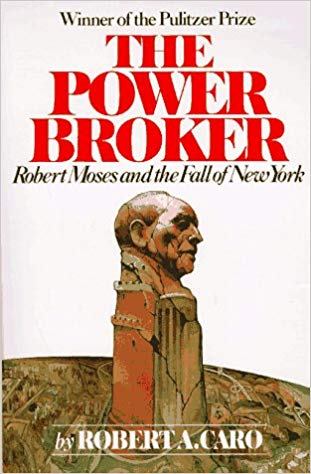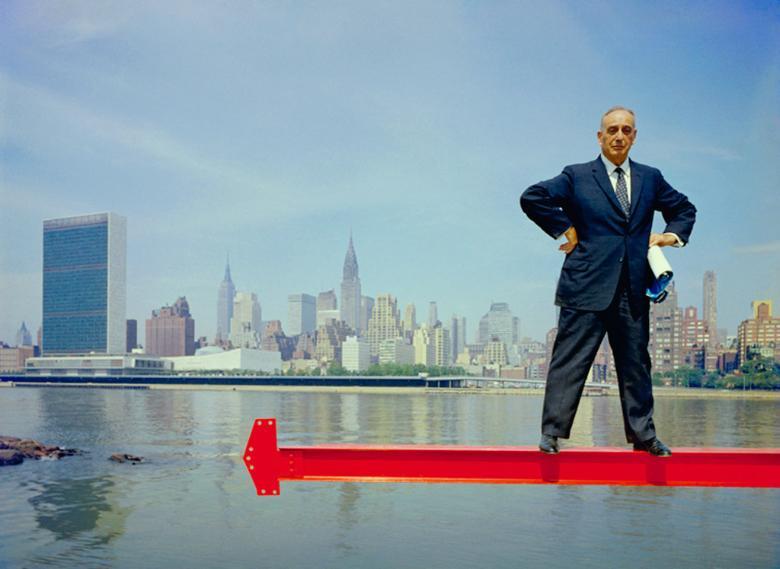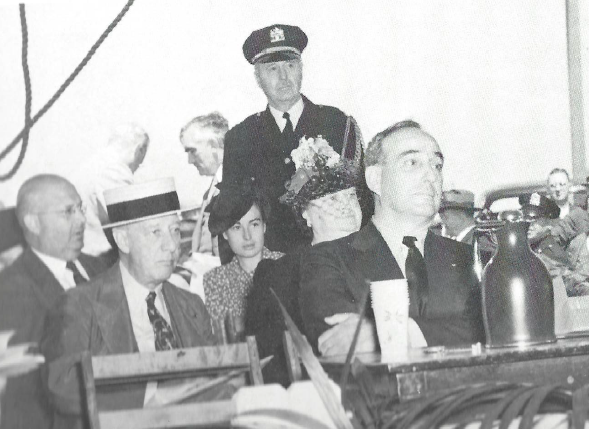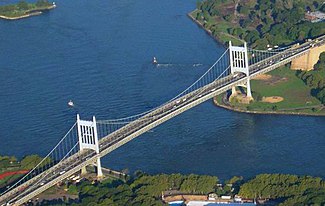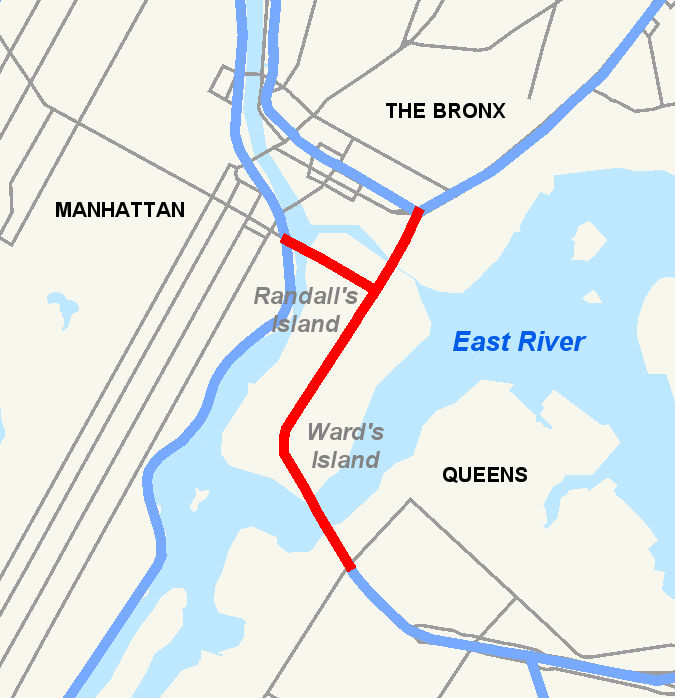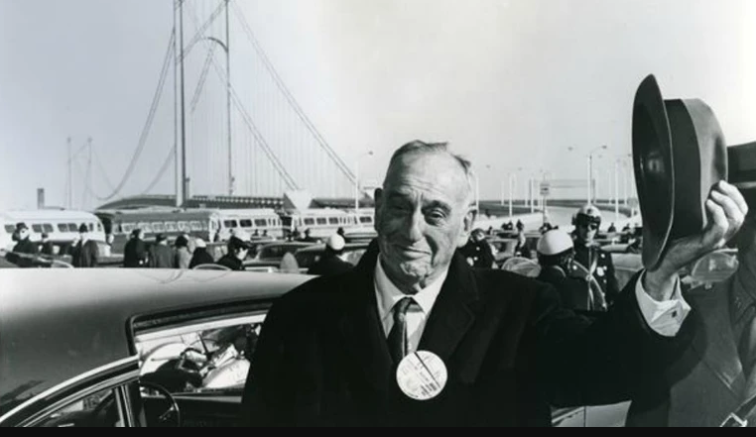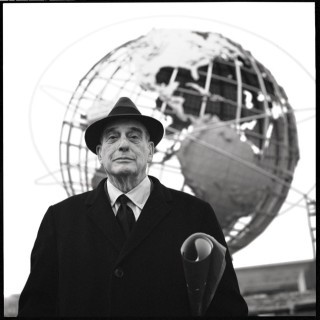Chapter 44 – Moustache and the Bard
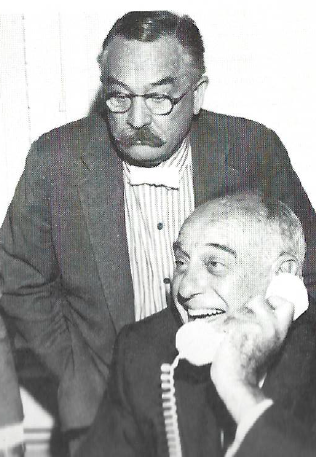
Robert Moses loved Shakespeare and was keen on the presentations of the plays in Central Park’s amphitheatre, one of Moses’s projects. These were put on by Joseph Papirofski, better known as Joseph Papp. These were well received presentations put on for free attracting all incomes and classes. Moses was pleased with the success. Moses said he would raise the money for a new season and his Executive Officer at the Parks Department, Stuart Constable, informed him of it. Constable however was suspicious of Papp, suspecting him of being a communist. Three months before the festival was to begin, Constable informed Papp, without consulting Moses, that there was no money to put it on.
Moses was unaware of this, but he was famous for supporting his staff. When Papp asked Moses directly, Moses sent him a letter informing him that, despite his promise, there would be no more money. Papp soon realised that the barrier to him was one of political philosophy. However, Papp was a master publicist. He went to the press on the attack. Papp used quotes from the Bard to make his case. Moses showed some respect, but still refused to overrule Constable. However, the press was on Papp’s side. Moses responded by organising behind the scenes pressure and innuendo. Moses followed Constable’s lead and accused Papp of communist sympathies. But the McCarthy era had ended in 1954 and these accusations did not have the same weight. Pub continued his literate attack. He highlighted the civilising effect of Shakespeare in the Park. He attacked Moses’s innuendos directly and he had the press on his side. It was Moses against Shakespeare.
The further erosion of Moses’s name was continuing. Moses now started to fear what was happening and this showed itself in failing health. He had started to look old. The press now wanted the decision to be reversed and started to put pressure on the Mayor. Eventually, Wagner succumbed to pressure and arranged a meeting with Moses, but emerging from that meeting, Wagner had been persuaded to support Moses.
Moses imposed new criteria for the festival, that the festival should raise their own funds. But with the help of local philanthropists, Papp overcome them and the festival went ahead. Papp was now a hero to the local liberals. By 1965, Papp’s troops were playing Shakespeare all over the city.
This battle further tipped the balance against Moses. Moses had become a villain to the public and the press. They knew that in the power struggle between the Mayor and Moses, Moses held the upper hand. The press became merciless.
Analysis & Key Takeaways
- The press turns against Moses.
